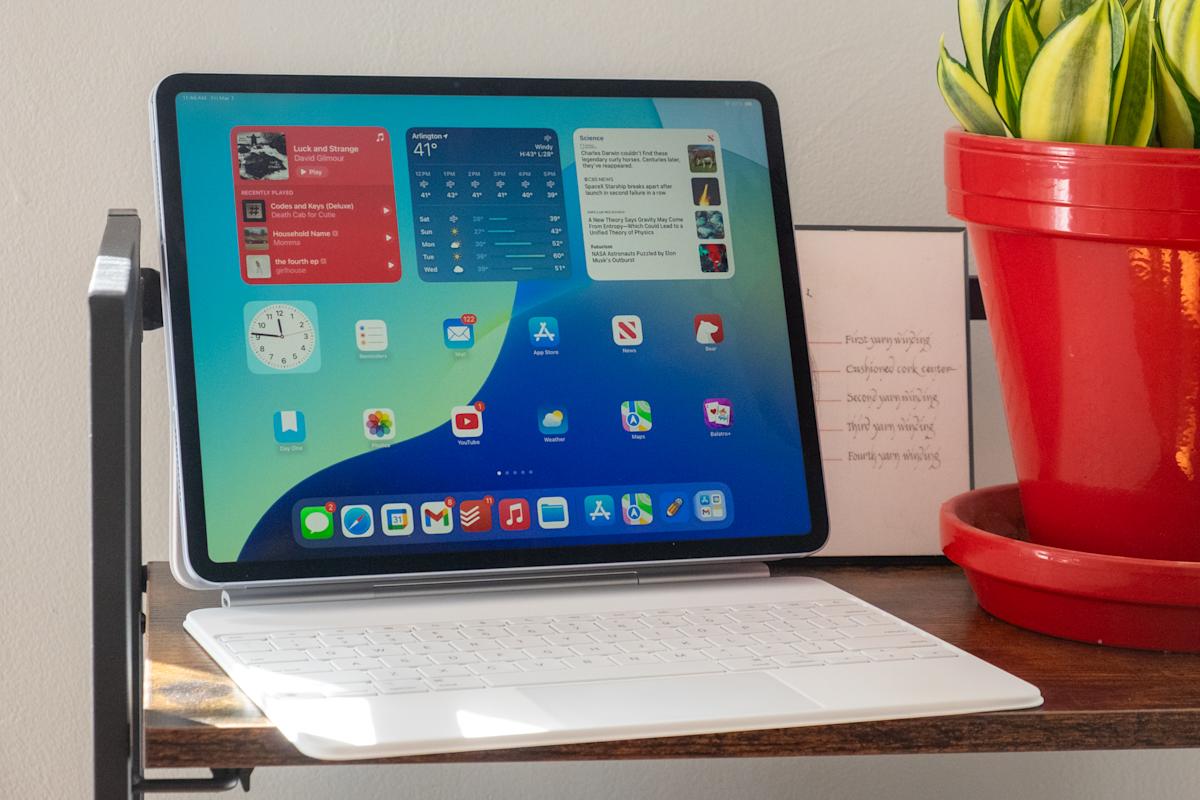Healthcare professionals understand the importance of providing patients with the necessary treatment and care. To achieve this, accurate and timely patient data is crucial, making data a vital component of healthcare. The security and resilience of healthcare technology are also essential, as patient data and applications must be protected and accessible only to authorized personnel. Ensuring that devices function as expected is particularly important in healthcare settings where patient care is involved.
Hospitals and medical facilities have traditionally relied on virtual desktop infrastructure (VDI) solutions to provide staff with access to critical information and tools across different locations, while safeguarding patient, employee, and corporate data. VDI helps healthcare organizations manage their IT infrastructure more effectively, securely expand access to digital tools and data, and reduce costs. For organizations seeking VDI solutions, Azure Virtual Desktop is a viable option to manage and maintain their IT needs.
For healthcare organizations looking for simplicity and a move beyond traditional VDI, Windows 365 is a cloud-based service that enables the creation of Cloud PCs for employees, contractors, or other users. Windows 365 allows IT administrators to quickly deploy and manage Cloud PCs, as well as manage them alongside physical PCs within Microsoft Intune. This service provides the productivity, security, and collaboration benefits of Microsoft 365.
As the healthcare industry looks to the future, Windows Cloud solutions from Microsoft offer virtualization solutions with the flexibility, scalability, and security of Azure Virtual Desktop and Windows 365.
Supporting healthcare and clinical workloads with Azure Virtual Desktop
Organizations seeking virtualization options have flexibility and control with Azure Virtual Desktop. It provides a secure and cost-effective way to support remote desktops and experiences from anywhere, across various endpoints. Healthcare organizations utilize Azure Virtual Desktop to access clinical and productivity applications, as well as hosted desktops, when needed. Azure Virtual Desktop is managed via the Microsoft Azure portal, allowing IT administrators to create and manage a custom desktop virtualization environment tailored to their organization’s needs.

Electronic health records (EHR) are among the core business applications for healthcare providers. Epic is one of the top EHR solutions used by healthcare providers worldwide. Microsoft and Epic are collaborating with healthcare organizations interested in running Epic Hyperdrive on Azure Virtual Desktop. The feedback from these early production pilots is being used to prioritize product development, and a draft reference architecture has been assembled.
Microsoft partner Imprivata announced support for Azure Virtual Desktop on Windows endpoints in Virtual Kiosk and Shared Kiosk modes, expanding its support beyond Azure Virtual Desktop on Linux devices. This expansion provides customers with more options to configure their IT infrastructure to meet the needs of the healthcare workplace.
Azure Virtual Desktop is designed with flexibility and security in mind, featuring several components for customers to configure and implement according to their IT requirements. Recent updates include the expansion of Microsoft Intune Remote Help to support Azure Virtual Desktop multi-session capability and the introduction of Azure Local, which helps organizations meet performance or data locality needs.
- Microsoft Intune Remote Help now supports Azure Virtual Desktop multi-session capability, a significant milestone for IT administrators managing shared virtual environments.
- Organizations have additional configuration options with Azure Virtual Desktop for Azure Local, which provides session hosts closer to their location or extends deployment options to on-premises infrastructure.
- Other updates include session host configuration and update, dynamic autoscaling, and Mobile Application Management (MAM) support.
Microsoft continues to innovate and build Azure Virtual Desktop to meet the needs of healthcare organizations. The “What’s new in Azure Virtual Desktop?” page provides more information on the latest updates.
Desktops in the cloud with Windows 365
Some healthcare organizations may be seeking desktop virtualization options designed for easy deployment and management without requiring significant VDI expertise or investment. Windows 365 is a Microsoft software as a service (SaaS) solution that provides end users with a familiar, personalized experience of Windows from anywhere, on any device. It becomes employees’ dedicated computer in the cloud, retaining their data, applications, and settings.
Windows 365 Cloud PCs can be deployed and managed by the end-user computing team alongside physical PCs using Intune. For healthcare organizations, common use cases for Cloud PCs include healthcare administrators, pharmacy and life science workers, call-center employees, and more. Windows 365 provides flexibility for IT teams to quickly deploy and scale up or down virtual desktops as needed.
Recent releases in Windows 365 offer more options for healthcare organizations looking to expand access and build resiliency. These include Windows 365 Frontline, which allows one license to be shared by multiple users, and Windows 365 Disaster Recovery Plus, which provides quick recovery times and fully reserved capacity.
- Windows 365 Frontline enables one license to be shared by multiple users, with options for dedicated or shared modes.
- Windows 365 Disaster Recovery Plus provides quick recovery times and fully reserved capacity, independent of availability, to ensure fast and reliable recovery in an alternate region.
To learn more about the features and capabilities within Windows 365, visit the “What’s new in Windows 365” page.
Windows 365 and Azure Virtual Desktop help organizations enhance productivity, stay secure, and reduce costs
Organizations worldwide are experiencing the benefits of adopting Windows Cloud solutions. For many healthcare organizations, the focus is on how deploying these solutions can boost productivity, lower IT costs, and strengthen security in a scalable and balanced approach.
A 2025 study by Forrester Consulting found a projected return on investment (ROI) ranging from 94% to 217% and a net present value (NPV) between USD3.2 million and USD7.4 million over three years for a composite organization with 2,000 employees. The study also determined that employees and contractors using Windows 365 and Azure Virtual Desktop save 6 to 12 minutes per day from avoided outages and latency compared to their previous environments.
To explore more insights, read the Total Economic Impact study conducted by Forrester Consulting.
Learn more about empowering your healthcare teams with Windows Cloud solutions
Microsoft is committed to listening to customers in healthcare and innovating to meet their needs. Organizations like Baptist Health are seeing cost and time savings by moving their clinical workloads onto Azure Virtual Desktop. Get connected by joining the Azure Virtual Desktop, Windows 365, or Microsoft Intune Tech Communities.
Interested in learning more about Windows 365 and Azure Virtual Desktop? Visit the Windows 365 and Azure Virtual Desktop pages.
*Epic is a trademark of Epic Systems Corporation.
Source Link






